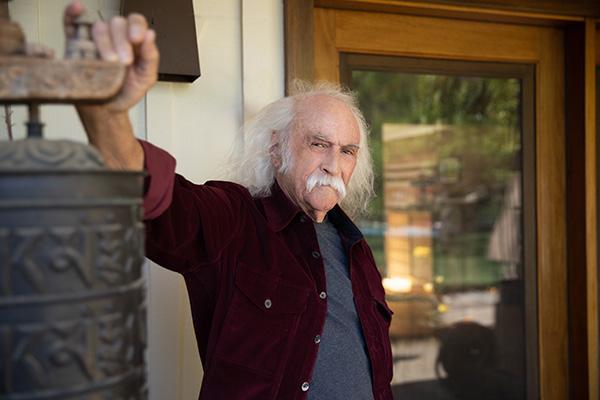Mike Mettler
Sort By: Post Date | Title | Publish Date
|
Jan 17, 2018
|
Mar 12, 2014
|
Oct 08, 2014
|
Jun 07, 2024
|
Aug 14, 2020














